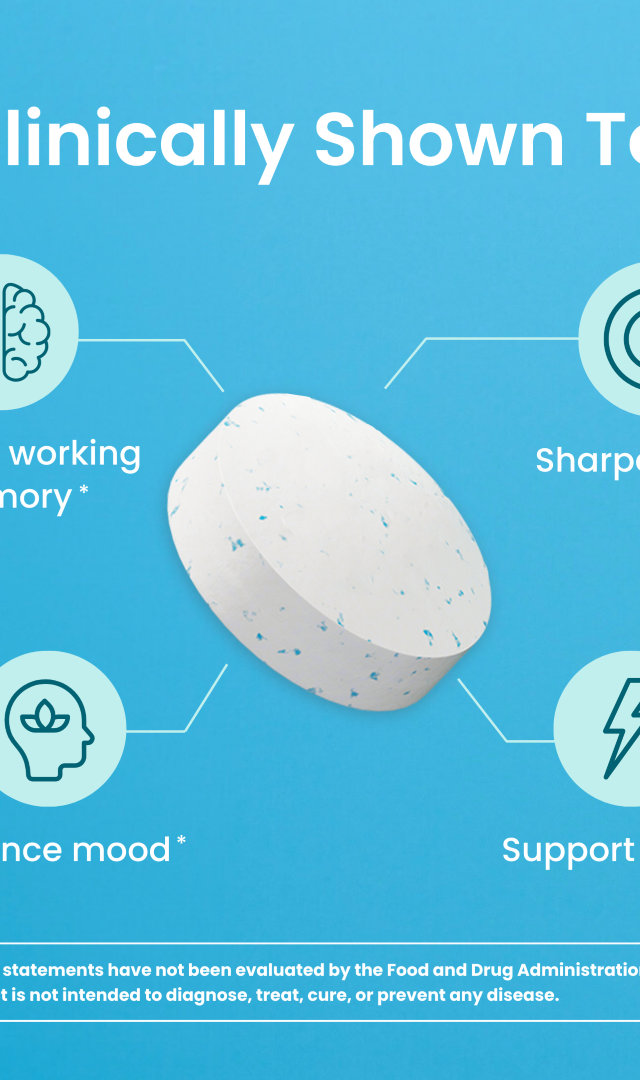Coffee is one of the most widely consumed beverages in the world. Many of us feel like we cannot function in the morning without that much needed jolt of caffeine. Recent research studies have revealed that regularly drinking coffee may have some major health benefits. So why do we need coffee to feel awake? Is coffee good or bad for your health?

The reason we need coffee to feel alert is that its main ingredient, caffeine, is a powerful stimulant. It stimulates the nervous system, as well as the heart and muscles, giving us a boost and making us feel more awake. Although drinking too much coffee could have a few adverse effects to your health, its positive effects definitely outweigh them. In fact, regular caffeine consumption has the following amazing benefits for your health:
- Caffeine reduces the risk of Parkinson’s disease
Scientific studies have demonstrated that regularly drinking coffee (1-3 cups a day) can reduce the risk of developing Parkinson’s disease, the second most common neurodegenerative disorder [1]. In addition, some recent studies have shown that coffee not only prevents the risk of Parkinson’s disease, but can also be helpful in managing the symptoms of those who already have Parkinson’s [2].
- Caffeine reduces the risk of stroke

There are currently many scientific and medical studies in progress aimed to uncover the effects of caffeine on cardiovascular disease. So far, it has been found that drinking more than one cup of coffee a day can significantly reduce the risk of stroke by up to 25% [3,4]. This is especially interesting because caffeine actually increases blood pressure and was previously thought to be bad for the cardiovascular system.
- Caffeine lowers the risk of Type II diabetes.
Harvard scientists have analyzed the data from thousands of participants and have discovered that people who consume more than one cup of coffee daily significantly reduce their risk of developing type 2 diabetes [5].
- Caffeine can help protect your brain

Coffee lovers everywhere, rejoice! Coffee not only can help you feel more awake, but has also been demonstrated to help protect your brain cells. Although it has been known for a long time that coffee is a nervous system stimulant, scientific studies have recently revealed that drinking moderate amounts of coffee regularly protects the brain against Alzheimer’s disease, dementia and early cognitive decline [6].
- Caffeine improves your mood

There are many reasons why people drink caffeine-containing beverages such as coffee and tea. Besides boosting our alertness and productivity, caffeine can also make us feel happier. In fact, a Finnish study has concluded that men who drink several cups of coffee are up to 77% less likely to develop depression than those who do not drink coffee at all [7]. On top of that, a Harvard study has also discovered that people who drink several cups of coffee a day are less likely to commit suicide than non-drinkers [8].
- Caffeine improves memory

Some new and exciting research studies suggest that caffeine can help boost long-term memory consolidation. According to the new research, caffeine intake can help improve our cognitive function and help us recall more complex memories for up to 24 hours later compared to people who did not have caffeine [9].
- Caffeine reduces the risk of some types of cancer
If you needed more reasons to love coffee – here is another one: recent studies have taught us that caffeine can help to protect us against cancer. In particular, one study from the University of Hawaii Cancer Center revealed that people who drank several cups of coffee a day had a significantly lower risk of developing liver cancer [10]. Other studies have shown that regular coffee drinkers have a reduced risk of developing basal cell carcinoma and endometrial cancer in women [11,12].
- Caffeine protects your body from free radicals

It turns out that caffeine is a strong antioxidant, similar to those found in fruits and vegetables [13]. Antioxidants are molecules that fight free radicals, which are harmful chemicals found in the body or in environmental toxins, which can damage our cells and result in disease and cancer. Therefore, caffeine has the amazing benefit of helping to protect our body’s cells from free radical damage [13].
- Caffeine reduces kidney stone risk
One recent study has demonstrated that regular coffee drinkers develop less kidney stones than people who do not drink coffee at all [14]. This is not surprising, since caffeine makes urine more dilute and therefore helps to flush out excess calcium and sodium, which can help to contribute to kidney stone formation.
- Caffeine can help you be a better driver

And last, but not least – caffeine can help you be a more focused and vigilant driver. Many car accidents are caused by driver fatigue and loss of alertness. Since coffee is a strong stimulant, it can help us feel more awake so that we are more attentive at the wheel. In fact, a study from the Netherlands has recently shown us that consuming one cup of caffeinated coffee during a long drive helped them make fewer errors and stay more in control while driving [15].
Hi! We’re Team
Neuro, aficionados of all things brain-related, from creativity to working out. With backgrounds in art, science, and athletics, we love delving into all the potentials of the human body.
We also created the world's first sugar-free nootropic energy gum that utilizes the effects of caffeine and L-theanine, made to help you optimize your mind — anywhere, anytime. Find out more here.
REFERENCES
- https://www.ncbi.nlm.nih.gov/pubmed/11456310
- https://www.ncbi.nlm.nih.gov/pubmed/20182024
- https://www.ncbi.nlm.nih.gov/pmc/articles/PMC3526718/
- http://stroke.ahajournals.org/content/42/4/908.short
- https://cdn1.sph.harvard.edu/wp-content/uploads/sites/21/2014/04/Changes-in-coffee-intake-and-subsequent-risk-of-type-2-diabetes_-Bhupathira.pdf
- https://www.ncbi.nlm.nih.gov/pubmed/20182054
- https://www.ncbi.nlm.nih.gov/pubmed/20359377
- https://www.hsph.harvard.edu/news/press-releases/moderate-coffee-drinking-may-lower-risk-of-premature-death/
- http://hub.jhu.edu/2014/01/12/caffeine-enhances-memory/
- https://www.ncbi.nlm.nih.gov/pubmed/25305507
- https://www.ncbi.nlm.nih.gov/pmc/articles/PMC4059399/
- http://coffeeandhealth.org/topic-overview/coffee-consumption-and-breast-ovary-and-endometrial-cancers/
- https://www.acs.org/content/acs/en/pressroom/presspacs/2011/acs-presspac-may-4-2011/new-evidence-that-caffeine-is-a-healthful-antioxidant-in-coffee.html
- https://medicalresearch.com/author-interviews/caffeine_intake_associated_with_reduced_kidney_stone_risk/8091/
- https://www.ncbi.nlm.nih.gov/pmc/articles/PMC3382640/



























